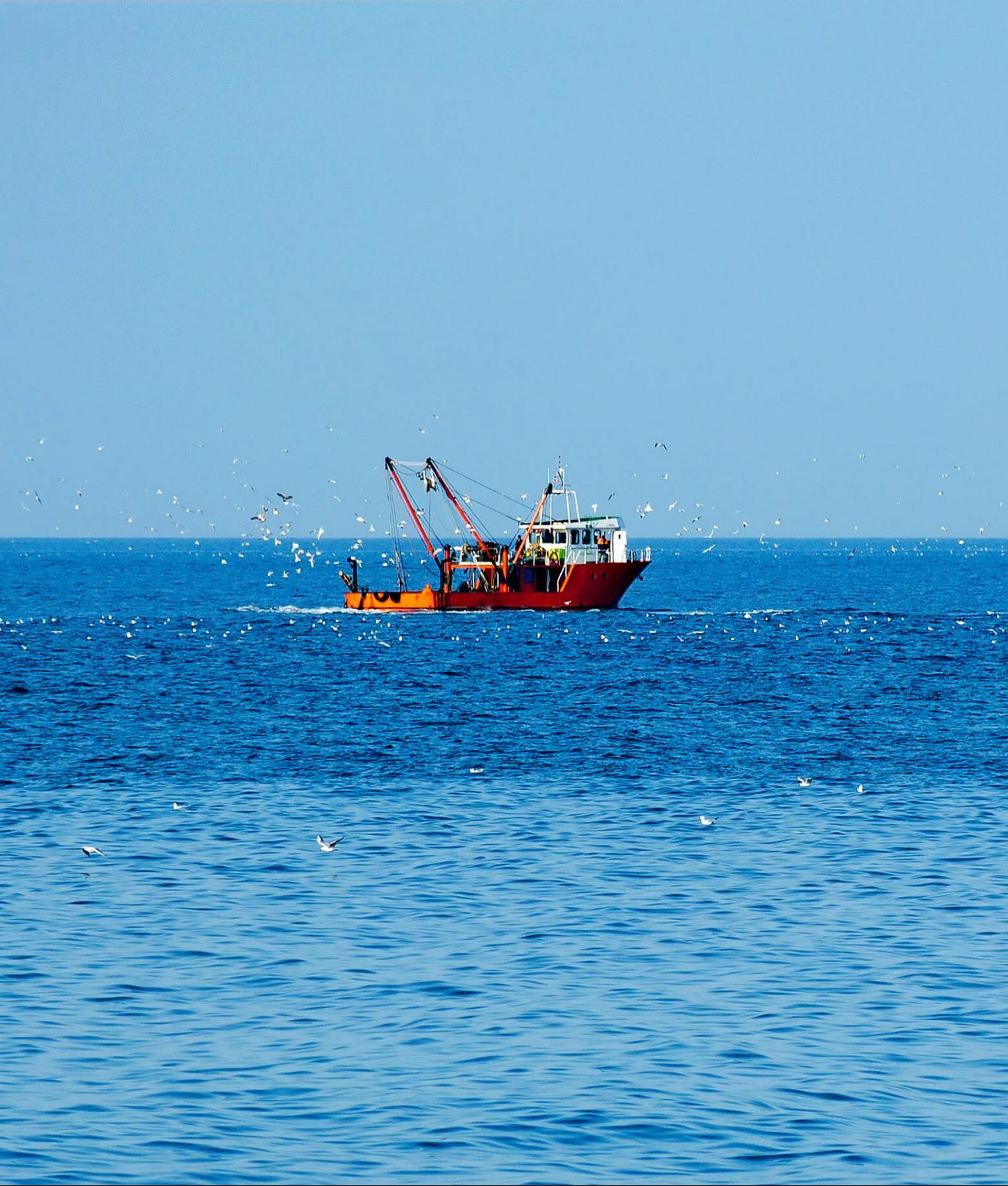Topic
Distant Water Fishing
“Distant water fishing is a lesser-known, lesser-scrutinized area by brands, investors, and consumers, and yet it engenders human rights risks across major global supply chains.” — Institute for Human Rights and Business, “Distant Water Fishing Fleets – Preventing Forced Labour and Trafficking” meeting report.
